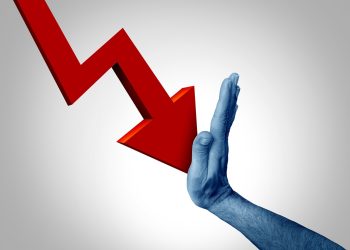 RISMEDIA, September 26, 2009—The second annual IBM Commuter Pain survey recently released indicates that the recession is taking its toll on urban motorists, who have become significantly more sensitive to gas prices and are looking for ways to spend more time with family and friends.
RISMEDIA, September 26, 2009—The second annual IBM Commuter Pain survey recently released indicates that the recession is taking its toll on urban motorists, who have become significantly more sensitive to gas prices and are looking for ways to spend more time with family and friends.
In the poll of 4,446 drivers in 10 metro areas in the U.S.- New York, Boston, Washington, D.C., Atlanta, Miami/Ft. Lauderdale, Chicago, Minneapolis/St. Paul, Dallas/Fort Worth, Los Angeles, and San Francisco- 52% think that roadway traffic has gotten worse in the last three years, and 16% think it has gotten much worse. This is an improvement over last year when these numbers were 63% and 24%, respectively, but still reflects an extremely high level of discomfort with the daily commute.
The survey results portray the American commuter as re-evaluating the time spent getting to and from work. Frustration levels are rising- 45% identify start-stop traffic as the most frustrating part of the commute (up from 37% last year), and 32% identify aggressive/rude drivers (up from 24% last year).
If commuting time could be reduced, 52% would spend it with family/friends – nine points higher than 2008; 37% (6 points higher than 2008) would exercise more.
And drivers are more sensitive to the price of gas as well. This year, 20% said that $3.50/gallon gas would lead them to seriously consider alternatives to driving alone; in 2008, it was 9% at that price level.
“Conducted at a time of great change in the United States, the Commuter Pain survey clearly demonstrates the vast impact that commuting and traffic congestion have on our economy,” said Anne Altman, general manager of IBM’s global public sector. “The time has come for cities and states to embrace real, long-term solutions that unclog our nation’s roadways.”
Key findings of the IBM Commuter Pain Survey include:
-34% report that they have decided not to make a driving trip in the last month due to anticipated traffic – the same percentage as last year. These decisions have a major economic impact, as the reported destinations of these cancelled driving trips are: 25% recreation, 25% shopping, 16% entertainment, 9% eating out, 8% work, and 6% vacation.
-More than one-fifth (21%) of daily commuters say the recession has made them change the way they get to work, with 17% of drivers in this category carpooling more frequently, 30% increasing the number of days they work from home, and 26% taking public transportation more often.
-At the same time, lower gas prices this year have caused 23% of respondents to alter their commuting habits in a different way, with 19% of this group carpooling less now, 19% taking public transportation less often, and 17% working less often from home.
-27% think accurate and timely road condition information would help reduce travel stress – four points higher than last year.
-86% say they have been stuck in roadway traffic in the last three years. The average delay is one hour.
-The reported trouble spots for traffic congestion remain very similar to last year, for example, I-95 in both Miami and Washington, DC, as well as the Beltway/495 in DC.
-Only 3% of the survey respondents think roadway traffic has improved substantially, and no city in the study is significantly above that score.
For more information, visit www.ibm.com.










